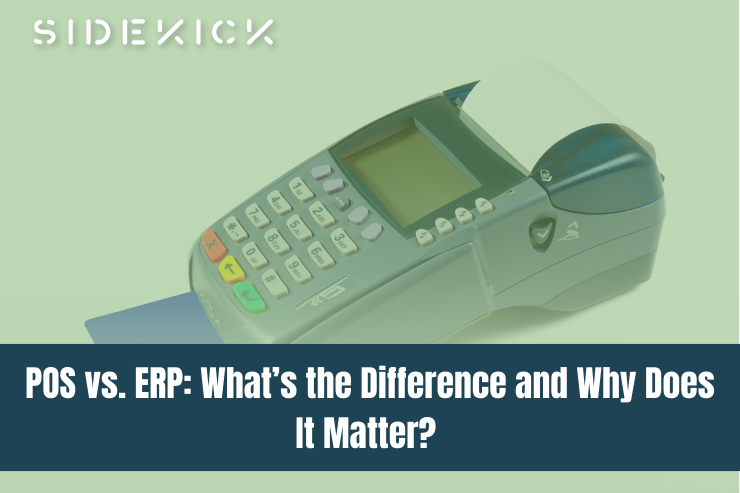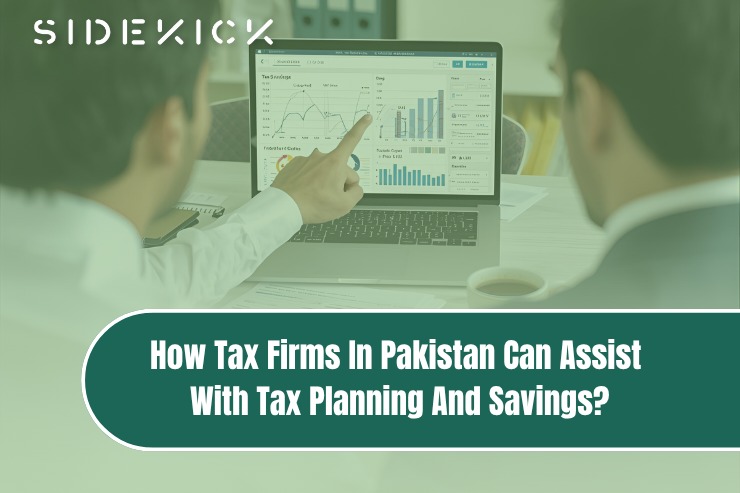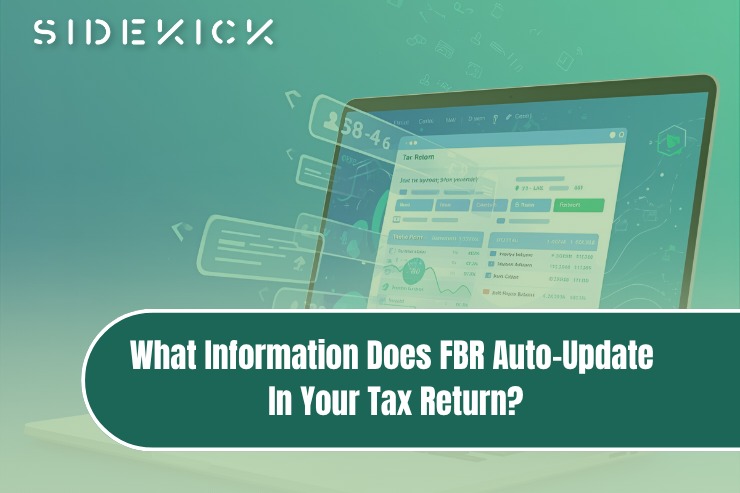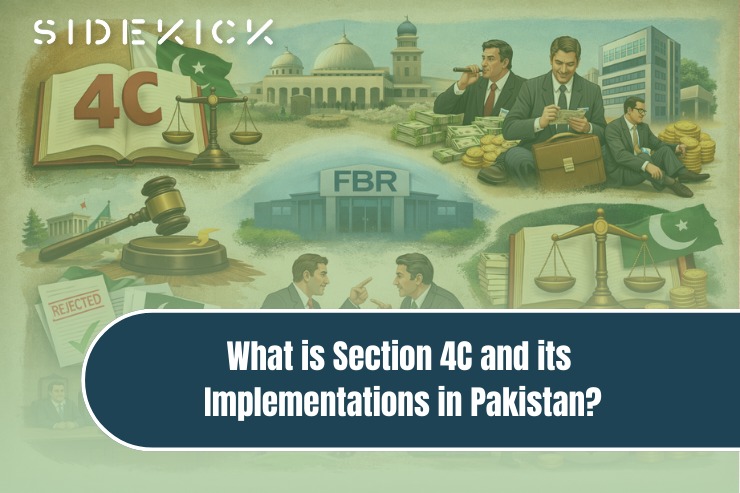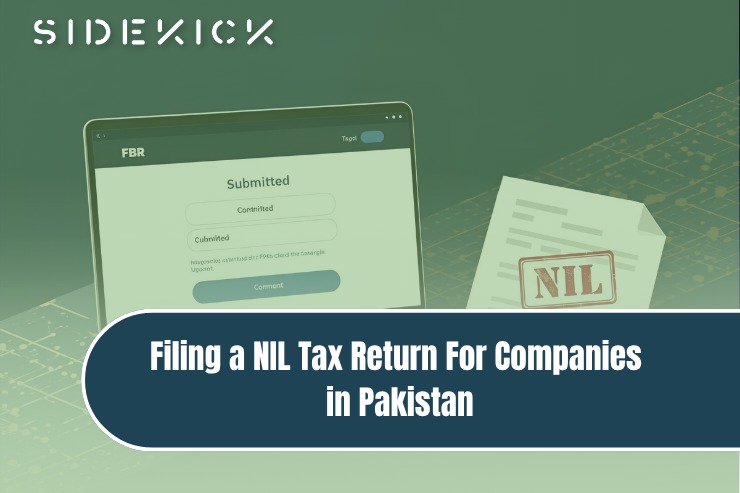As a business owner, you need to make sure you’re using the right technology to manage and grow your operations. Two popular software solutions are point of sale (POS) and enterprise resource planning (ERP) systems. While the two systems share some features, there are also some key differences. Understanding the differences between POS and ERP can help you choose the right system for your business.
In this article, we will explore the main differences between point of sale (POS) and enterprise resource planning (ERP) systems, and how they relate to inventory management and accounting.
Point of Sale (POS)
A POS system is designed to help businesses process payments and manage sales. It typically consists of a cash register, barcode scanner, and credit card processor. The POS system can help you track real-time sales, accept payments, and provide customers with receipts. It also allows you to monitor customer data and create loyalty programs.
Enterprise Resource Planning (ERP)
An ERP system is a comprehensive solution for managing all aspects of a business. It includes modules for inventory management, accounting, human resources, and more. With an ERP system, you can keep track of your business’s financial data, manage inventory, and streamline processes. It can also provide real-time insights into performance and help you make better decisions.
Use in Inventory Management
Both POS and ERP systems can help you manage inventory. A POS system can track the number of products you have in stock and help you keep track of sales. On the other hand, an ERP system can help you manage inventory on a much larger scale. It can help you set up complex supply chain processes, manage vendors, and track shipments.
Use in Accounting
Both point of sale (POS) and enterprise resource planning (ERP) systems can help you manage your finances. A POS system can help you keep track of cash flow and sales, while an ERP system can help you manage accounts payable/receivable and create financial reports. An ERP system can also provide real-time insights into financial performance, allowing you to make better decisions.
Why Does It Matter?
Understanding the differences between POS and ERP systems can help you make the right decision for your business. A point of sale (POS) system may be enough to meet your needs if you’re running a small business. However, an enterprise resource planning (ERP) system may be more appropriate if you’re running a larger business. It can help you manage complex processes and provide real-time insights into financial performance.
Choosing the right system for your business is essential for success. By understanding the differences between POS and ERP systems, you can make sure you’re using the right technology to manage and grow your operations.

